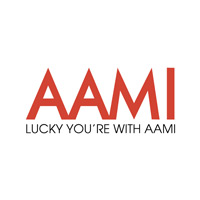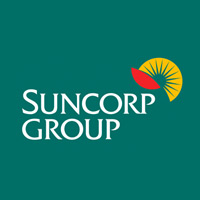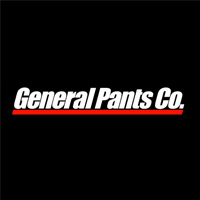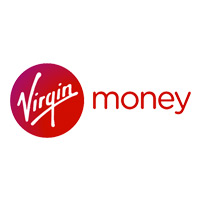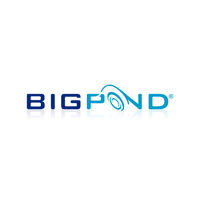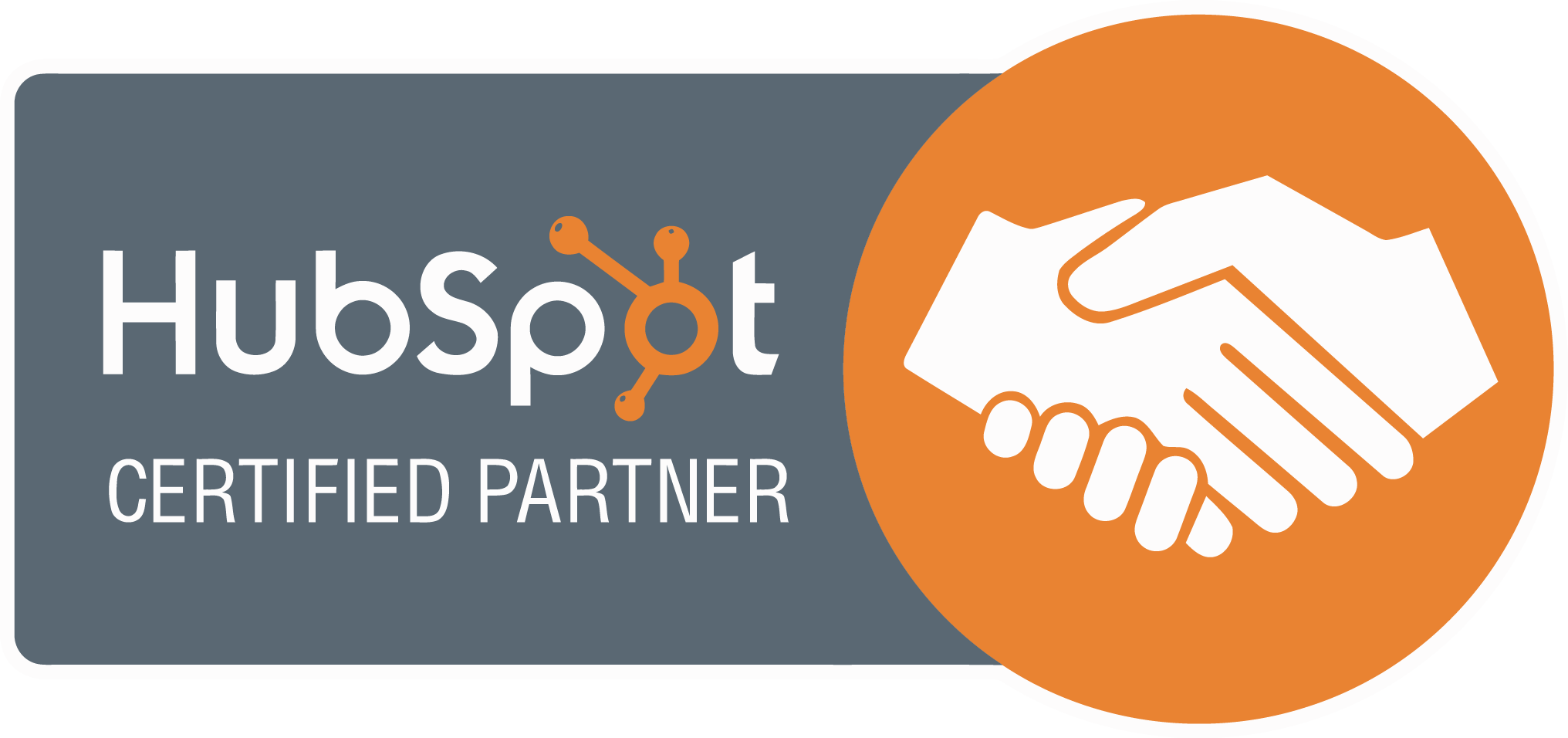Simply put, local SEO is the practice of optimising your website to increase its traffic, leads, and brand awareness from local searches. Some of the most common things people do to boost their local SEO are getting local keywords, optimising your Google My Business profile, and building your “NAP” citations.
The importance of local SEO
Did you know that 46% of all searches in Google have “local intent”? This means that people carry out these searches to get more information on the local businesses or brands around them.
With so many searches having local intent, it’s clear that local searches are fast becoming an essential part of the SEO world. So, if you do what you can to position your business in front of these searches, you might see those customers walking through your door in a few minutes!
How does local SEO work?
Local SEO is the same as a standard Google search. Google still flicks through its index to provide the best searches for your query. However, local SEO uses different ranking factors to rank local search results.
These alternative local ranking factors include the location you are searching from, the presence of a Google My Business listing, NAP citations, and the keywords used in Google My Business profiles. Then there’s the sentiment and keywords used in online reviews, the number of “check-ins” at that location, its shares on social media, and the Google Maps star rating for that business.
The Local Pack/ The Map Pack
If you’ve ever used Google Maps, you know it’s a great way to get information on the businesses around you. And yet, it can get bloated with traffic directions piled on top of all that information and those reviews.
This is what The Map Pack is based upon. You’ve probably noticed that recently if you searched for something like “hairdresser” or “bar”, you now get results for the businesses around you before the listings. This map section is known as Google’s Map Pack or Local Pack.
The Local Pack has its own algorithm and set of rules. Certain ranking factors, such as backlinks, help you rank well in local and traditional organic results. Other factors, however, are only necessary for ranking in the Map Pack.
People don’t have to search for something like “hairdressers near me” or “hairdressers in Sydney” – Google’s Map Pack will pop up even for simple terms like “hairdresser”. Because of this, the search volume for terms like “hairdresser” is generally several times more than “hairdresser Sydney”. So what does this mean for you? Optimising for “business + city” terms is still important, using “business” terms is even more imperative.
How do I track my Map Pack rankings?
The first step in any SEO campaign is to see how you are doing. It’s exactly the same with local SEO. What is your Map Pack ranking? Try checking it with your favourite rank tracker site.
Is search location a huge factor for local search results? For example, say you search for a “coffee shop” while standing somewhere on Lyons Rd W, Sydney. Depending on your precise location, you are more likely to get recommended a coffee shop closer to you than Starbucks up the road. However, if you move up the road, don’t be surprised if you get a completely different set of results!
Rather than running around the city and checking your rankings by playing Map Pack Ranking Go, tools like Local Falcon or Local Viking are a handy way to get the detailed Map tracking information you need without getting sweaty.
You’ll need to have your Google My Business profile up and running to use one of these tools. Then, find your business’s name in the tool’s list. After this, type in the keyword you want to check your ranking for. You’ll then need to clarify what radius you want to check your ranking for. Now, run the search!
You should see an interactive map showing how well you rank in different parts of your city. Your business will probably rank well in the area it’s located in, getting progressively worse as you move away from it. However, if you see any hotspots nearby where you rank unusually bad, check them out. You’ll probably find that this is where a competitor is located. After all, if they are physically located on Lyons Road West, with your business more east, they’ll have to be the number one result for that area.
What about local organic rankings?
Sure, The Local Pack is pretty important. There’s no better way for customers to find you when looking for a business like yours. But scroll down for a second to those results below The Map Pack. So yes – those standard local results are still important too!
Local searches typically always have commercial intent. However, you can count on the standard searches to always be the same, no matter where your prospective customer is. This makes ranking for standard Google SERPs equally as useful as working on your local ranking. All this entails is keeping up the standard SEO practices you are already doing – using your local keywords in your title tag, your URL, and everywhere else you use keywords. Remember to track your ranking for words like “hairdresser near me” and “hairdresser” – these words are more important than “business + city” words. Input your location into your rank tracking tool and try tracking these keywords for your area. You could even try a few different spots around town, such as a bus stop or park.
Where can I get these keywords?
Yes, you’ll need more keywords than simply“hairdresser” or “coffee shop”. So, where can you get them? Well, all you need is a simple tool. Google Suggest or Yelp Suggest are great options. Just type in the query someone might use when looking for a business like yours, and marvel at the results. With its synonym functionality, Yelp is the better option of the two.


